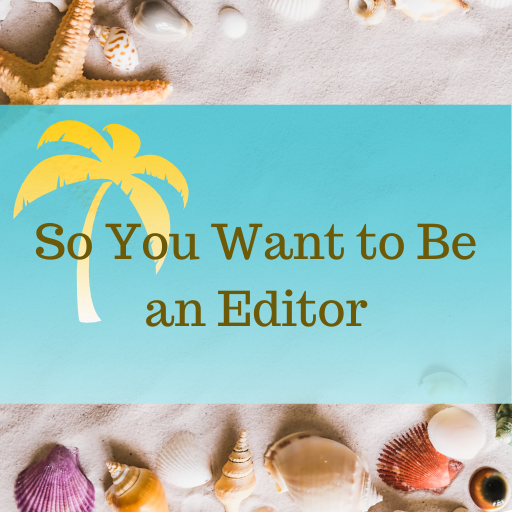Editing Basics
An editor is someone who takes written works (called “manuscripts” before publication) and helps to shape them so that they better serve the reader and, not incidentally, the author.
Typically the editorial process involves the editor receiving the manuscript, marking it up with edits and suggestions (called editorial queries), and returning it to the author for revision. Sometimes the process stops there. For example, with a self-publishing author (called an indie author), that may be the end of the service they’ve paid for.
But in the publishing world (whether book, magazine, online, or corporate publishing), the author’s revision is returned to the editor for review and for further editing or, if no further work is needed, to publish.
Fiction editors work with made-up manuscripts and nonfiction editors work with factual manuscripts. Memoir is nonfiction but because it has story elements, it’s edited much like fiction. So, too, are other kinds of narrative nonfiction, where stories are used to illustrate the author’s argument.
A manuscript can be short, such as a blog post, or long, such as a book, or at any length in between.
Some editors focus on editing only one type of work, such as only fiction or only nonfiction. I started out as an editor focused only on nonfiction and gradually became a fiction editor. I do occasionally work with nonfiction still, but not very often and typically only for clients I’ve worked with before.
Similarly, editors have tendency to work only in certain genres. For example, a fiction editor may edit mostly romance. A nonfiction editor may focus on editing self-help books rather than scholarly books.
Some editors focus more on one length than another. When I was a magazine editor, my focus was on article-length works typically between 1,000 and 2,000 words. For many years, I’ve worked on mostly books.
Editors make these selections because it is easier to find clients in a niche (“I edit romance novels”) than in no niche (“I can edit anything”—which most potential clients doubt). It’s also easier to become skilled in a niche than to be a generalist. For example, I would never be a good pick as a horror editor because I don’t read horror, I don’t like horror, and I don’t understand horror. Why would anyone hire me to edit their horror novel?
But I have tons of experience editing romance. I love reading it, I love writing it, I love editing it, I love talking about editing it.
The world of freelance editing is wide! By exploring it a little, you might find that some section of it suits your perfectly!
Join the Club!
New to story editing? Begin at the beginning.



